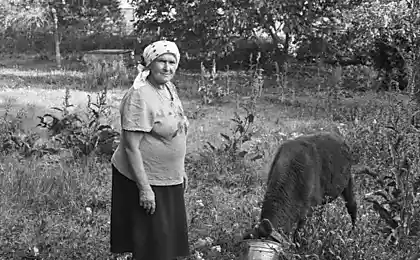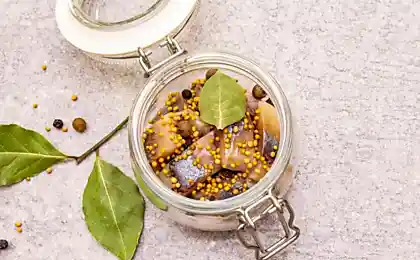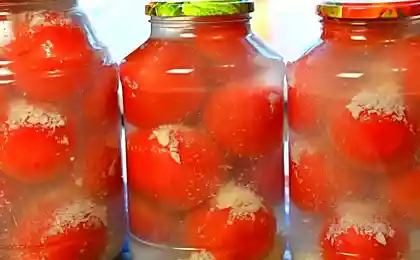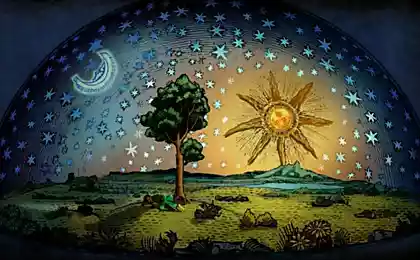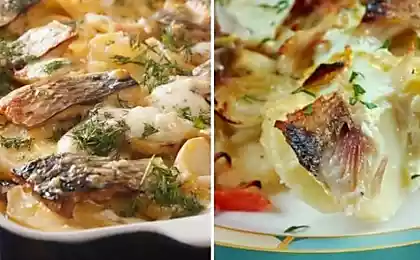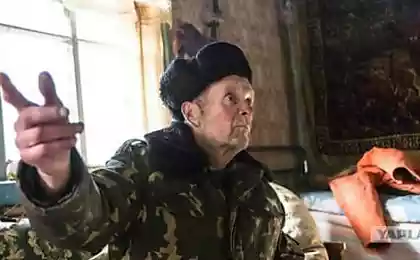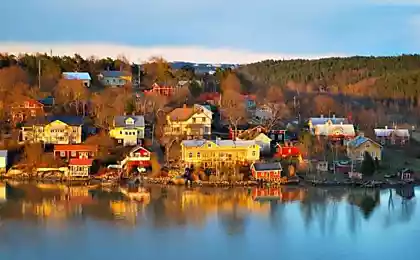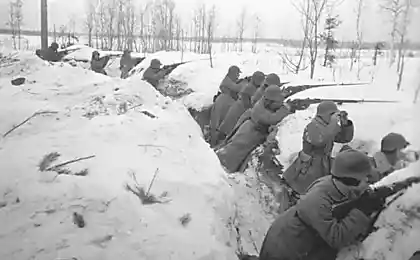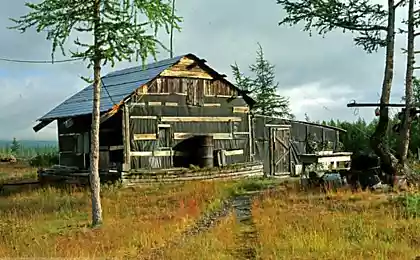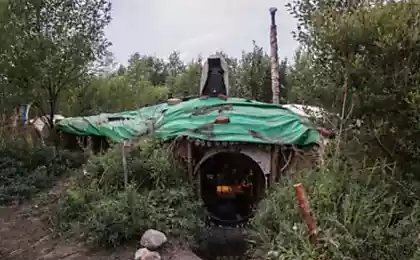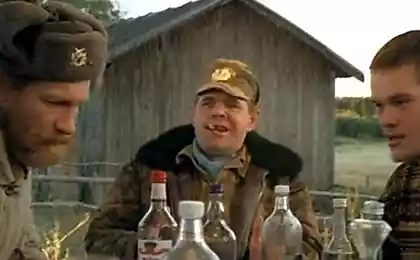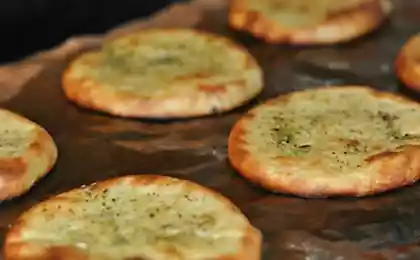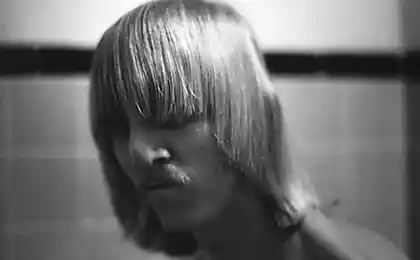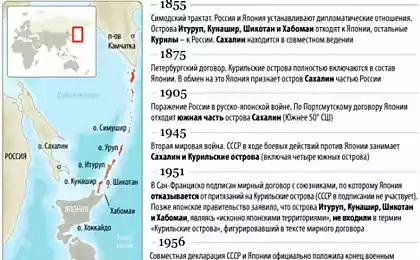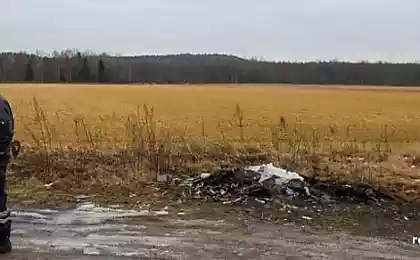1177
Village life in Finnish
Hermit Ismo Suykki with his wife for more than half a century lives on a remote farm in Finnish. The children have already grown up and departed, and Finland's entry into the EU is almost entirely destroyed small farmers, but the farmer did not give up and good has equipped his farm.
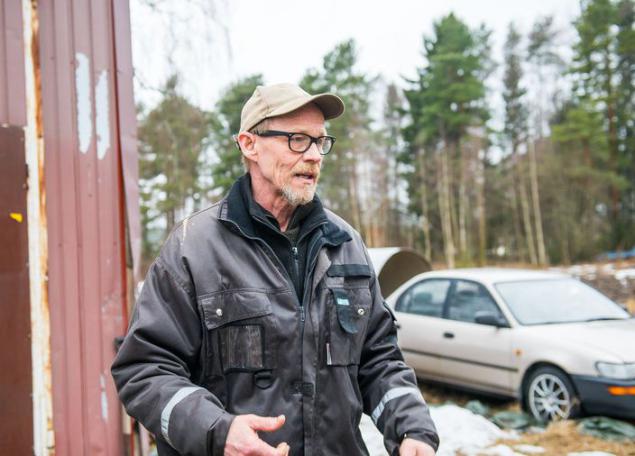
Everything in this Finland's not like we have. Excellent roads, fast trains, expensive but quality food products, the highest social protection of citizens. One problem - the citizens of those few. On the territory of an area comparable to the German population almost 14 times less - only 5, 5 million souls. Because, probably, the Finns used to settle freely, on a grand scale: for example, located next to the city of Lappeenranta area 6 times greater than in Minsk, but it lives only 70 thousand. Man.
Not in Finland and villages. All local villages, be it town or hamlet, called "Cul", but similar to our Belarusian village does not occur.
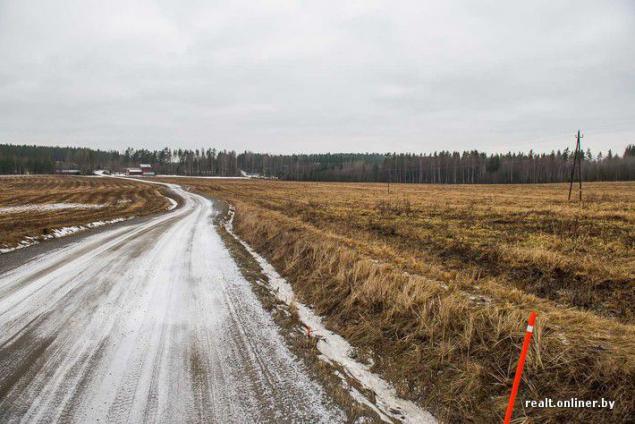
"The street area, standing close to each other at home? - Says Gemma, brother Ismo, who agreed to introduce us to a relative and show farm hermit. - No, this is not in Finland. There is land, the house and the forest around it, and the next door neighbor can live 300 meters or kilometers ».
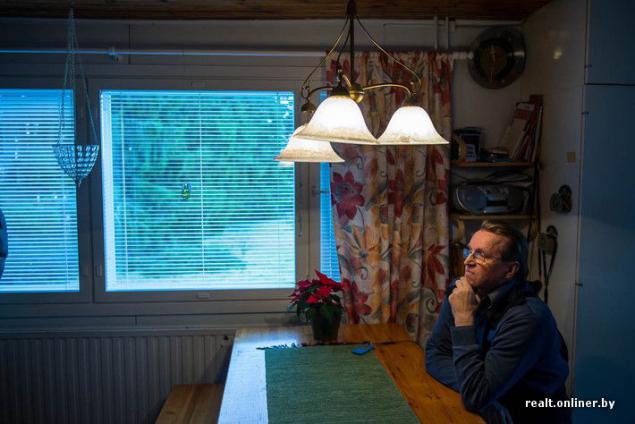
Cul larger - in our opinion it is something like a small town. Usually this bus there, filling, post office, shops, a sauna, and a few stone houses with apartments. Along the perimeter of (but not necessarily far away!) - Rows of private houses with large areas.
"The land that my ancestors gave Swedish King - casually, as if it is in order, Gemma says, as we drive off-road vehicle on the snow-covered forest to the border of Russia. - Was it five hundred years ago, and since then all generations of our family live here. That ancestor that made the royal mercy, raise horses, helped selfless cause the Swedes, for which he was awarded the land allotment ».
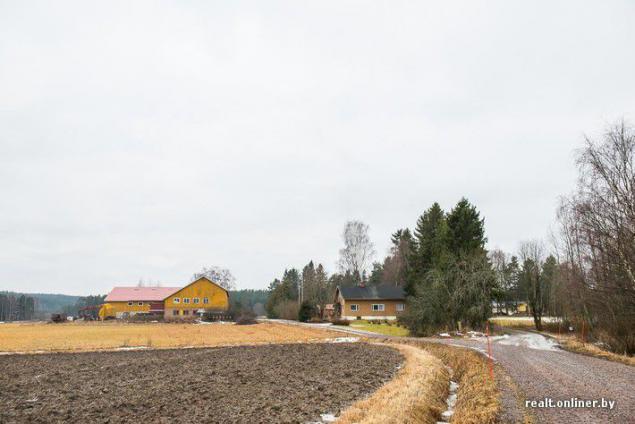
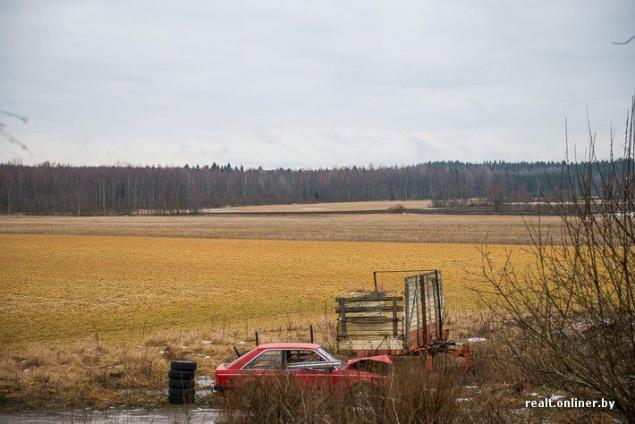
Land for Finn - the main value of life. The right to life is enshrined in law ownership, each area has its own documented assignment: this piece - the construction of a house or a farm, where you can grow vegetables, then - to graze cattle. Wood adds significant value to the site. Of course, with a personal site, you can do anything: to sell, mortgage bank, exchange.
Gemma genuinely surprised by the question of why the house and the land of the people in Finland are not fenced, as is common in Belarus. Passing several kyuley on the road to Ismo, we consider private ownership of the villagers, and neither one of them is not fenced.
"I do not even know how to answer ... - frowns Finn. - Why do we need fences? To show where the ends of your allotment? So it is possible to check the perimeter of the land register. And look: the neighbors live far away, the farm stand alone ».
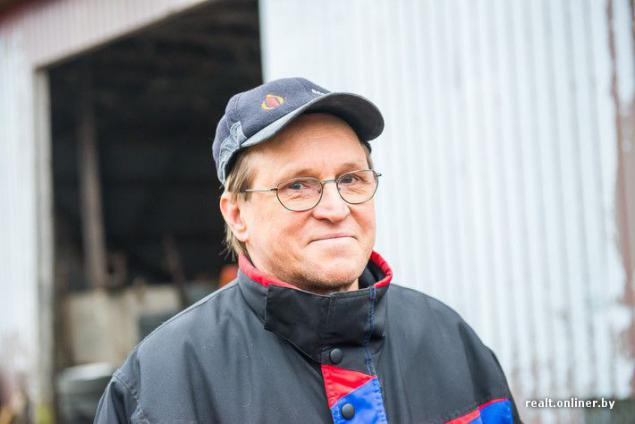
Another interesting feature of the Finnish way of peasant life - the cooperative ownership. So, a few farmers can pool their financial efforts to buy a lake, a forest area, to build a mill, drier and even open bank. This reduces the cost of farming: it is always possible to use the common property or obtain a bank loan on their own companions. Economic relations within the cooperation can be very different: payment in cash or a favor - it is solved by its participants.
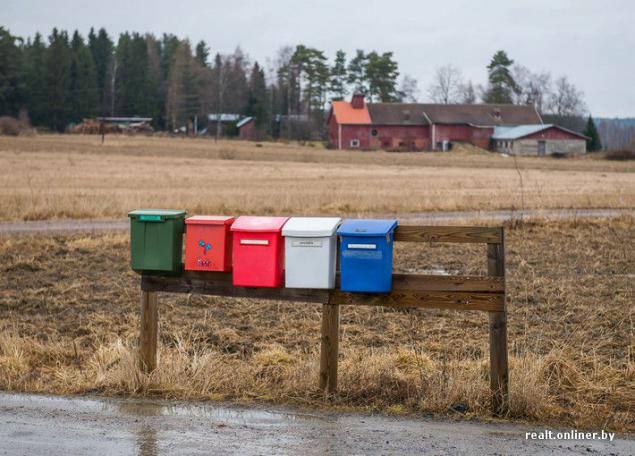
"As far as I know, for some time in Finland banned foreigners to buy land - continues Gemma. - But if you are interested in price, I must say that it all depends on the purpose of the land, which offer for sale of power. So, in Imatra, where I live, an area of 1000 square meters, designed for the construction of private homes will be yours for € 30 thousand. There are allotments of € 10 per hectare, for example, if the government of a settlement want to attract people, stop negative growth, improve the demographics. 70% of the land in Finland are in private hands ».
New interesting fact: the largest enterprises in the "fat" days of buying up land as the object of long-term investments, and in the difficult years of them for sale. It is interesting that a similar ply many companies, regardless of the products. In a region where we are in the lead paper mills. They were here a lot: five major industries provide Europe "gloss" of Russian forests.
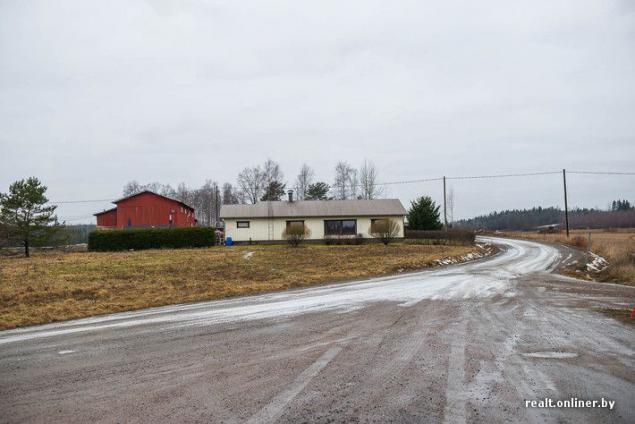
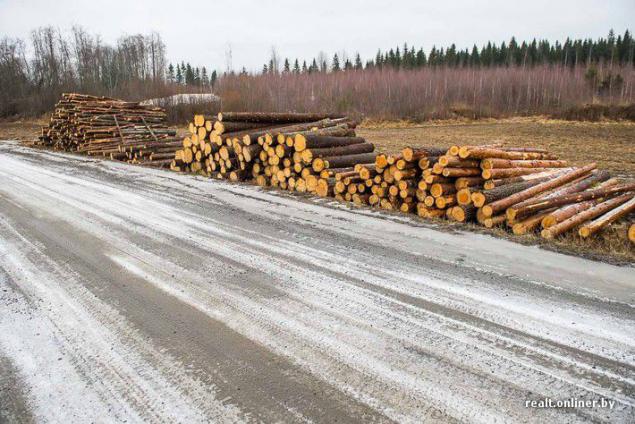
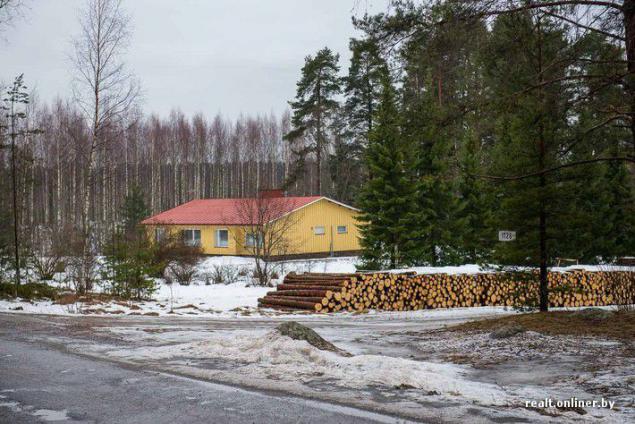
"Now we're going on private forest - shows us snow-covered trees Gemma. - But the road through it - in the possession of the municipality. Finland has a law allowing you to walk on private forests to collect mushrooms and berries. Prohibited hunting and deforestation. Across the country, banned campfires, but if the need is there, it should notify the fire service ».
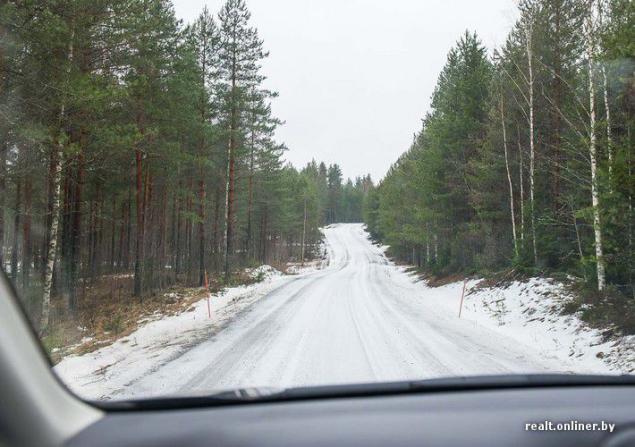
Carved land spurs Gemma tell a little more about the peculiarities of life in Finland: "to cut down their trees, you can not demand, including environmentalists. However, the law requires you to contact the supplier of saplings and planted exactly the same amount of forest that has been destroyed ».
Finally we come to the house Ismo. He has met us near the road. After the Soviet-Finnish War of 12 hectares owned by his ancestors, went over to the Soviet Union - he shows us in the distant forest, which begins today's Russia. There it land. But after moving inland border of Finland moved a lot of people, and the places where we are now, significantly, "compacted": the authorities distributed free land arrived with the "one" side.
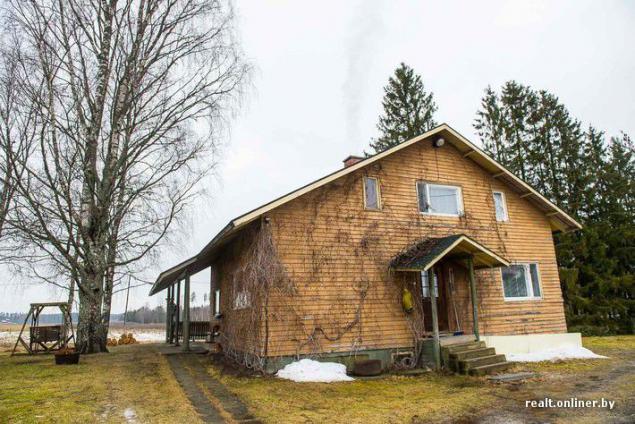
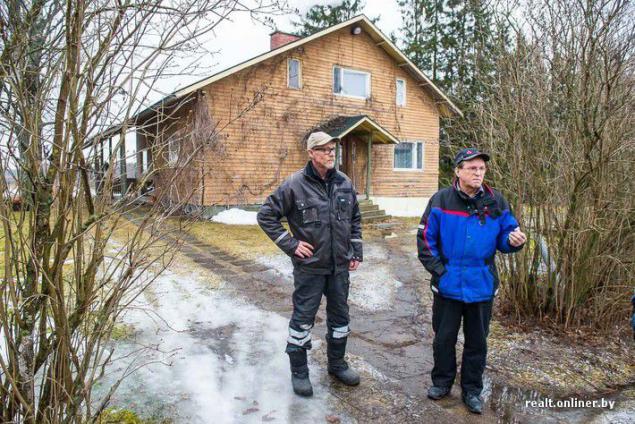
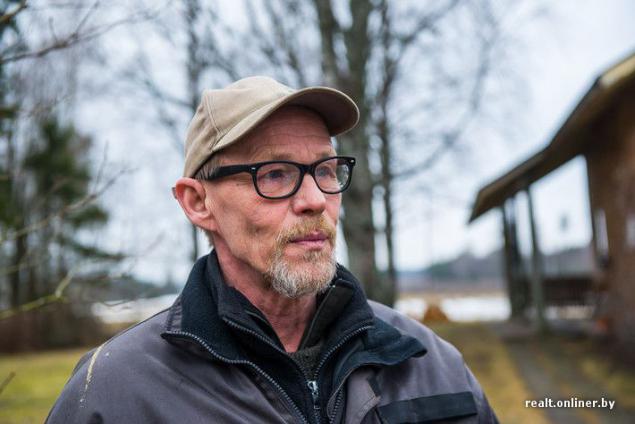
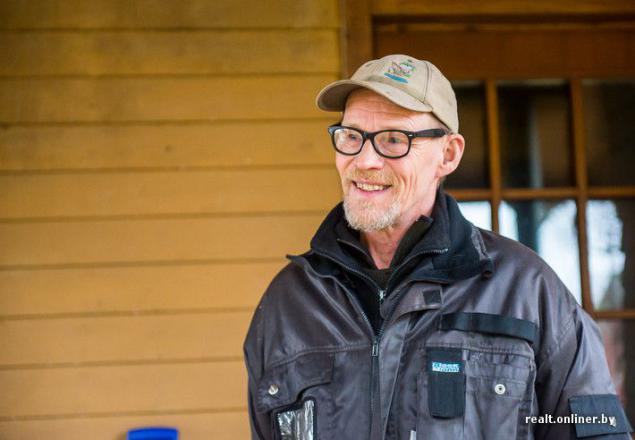
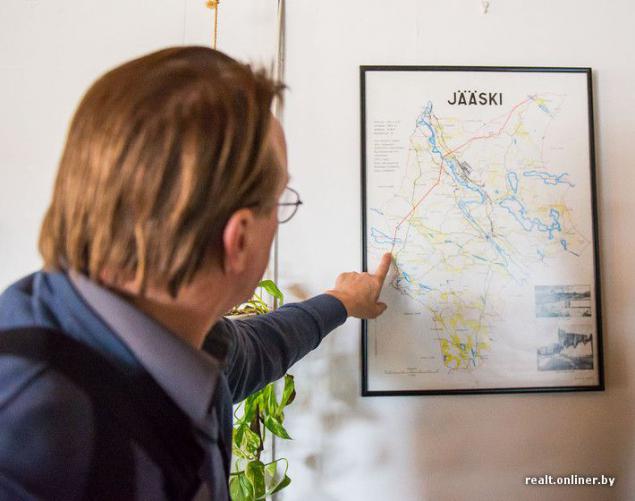
Ismo whole life was a big farmer. As mentioned above, the entry of Finland into the EU put an end to commercial agriculture: the farmers previously received compensation for products produced by the current EU regulations such they should not: the climate is not disadvantageous in any circumstances. The only way out - to keep a herd of cows, to engage in the meat and dairy industry. However, Ismo cows to the heart does not lie. He sold the land for pasture neighbor (at that time such as the business is going well), leaving himself only forest.
Solid wooden house. In the nearest to the entrance of a birch tree - a plate with the number "1970».
"My farm was recognized as the best in the area - not without pride, says Ismo. - And then a few more times received the title ».
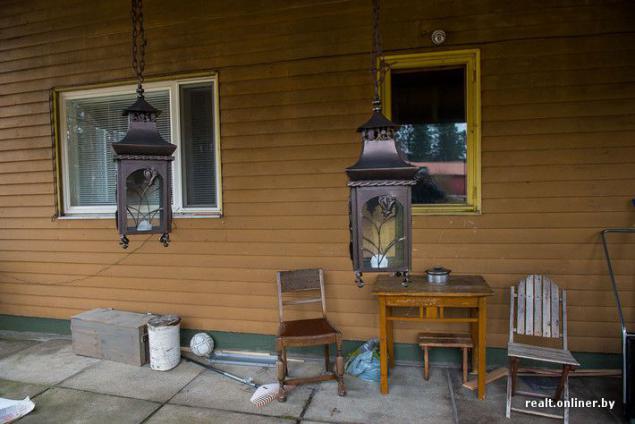
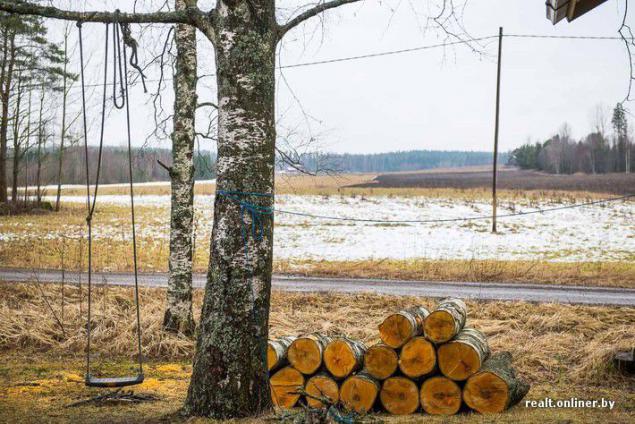
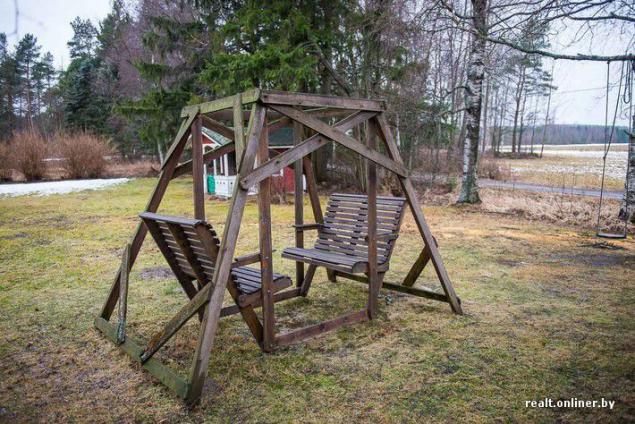
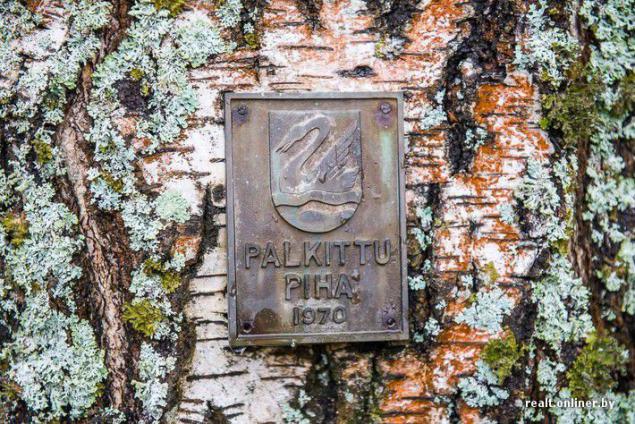
Farmland Finn "covered" a network of Wi-Fi. Internet "fly" quickly, it is clear that Ismo does not consider himself a recluse, interested in life outside their kyuli. True, Foursquare does not find any points for Chekina: wilderness even by Finnish standards incredible.
Ismo home alone. Four children have long left in the city, his wife - in the village on the job, the company villager are only two cats and ancestral portraits on the wall. Father and mother, grandparents, great-grandfather. And - Photo parental home, which was destroyed by a direct hit during the war. New stands since 1952.
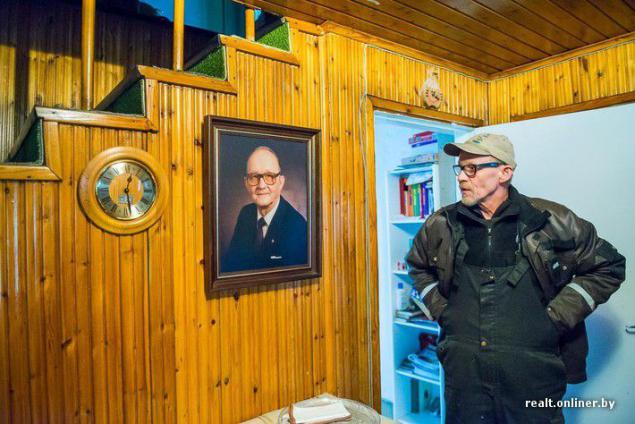
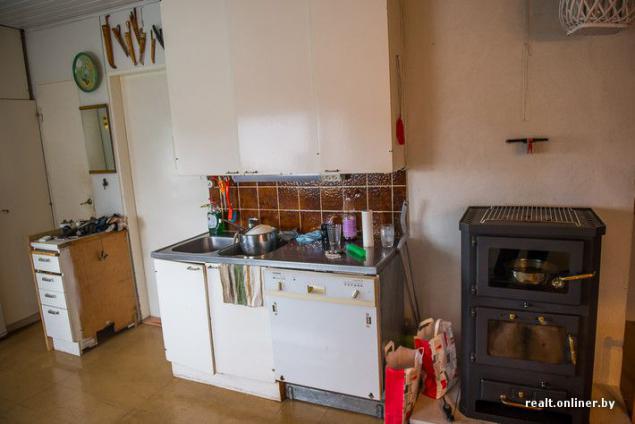
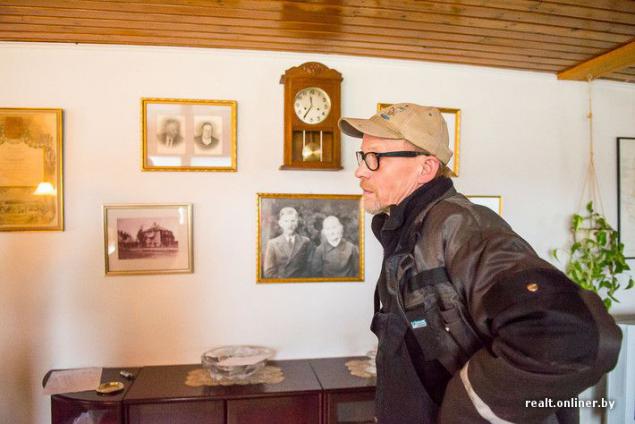
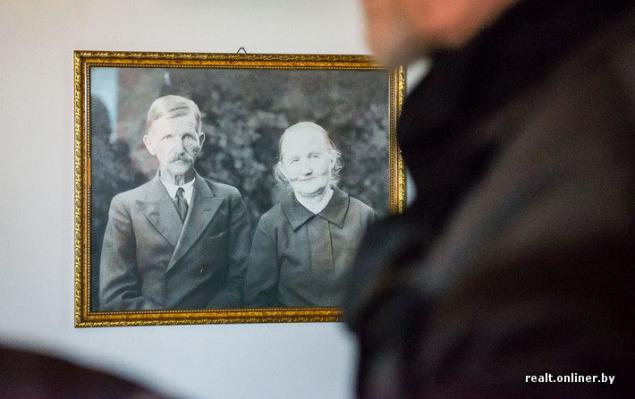
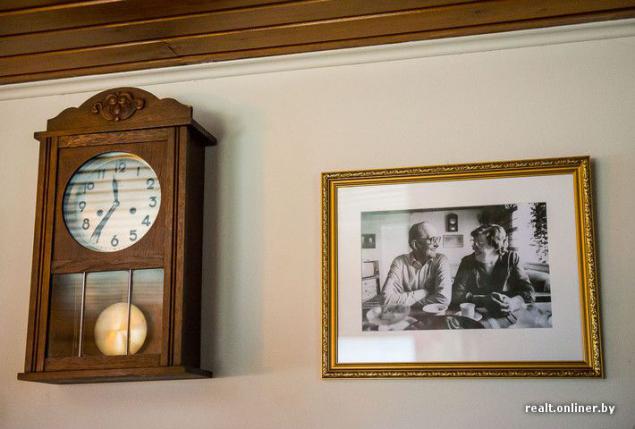
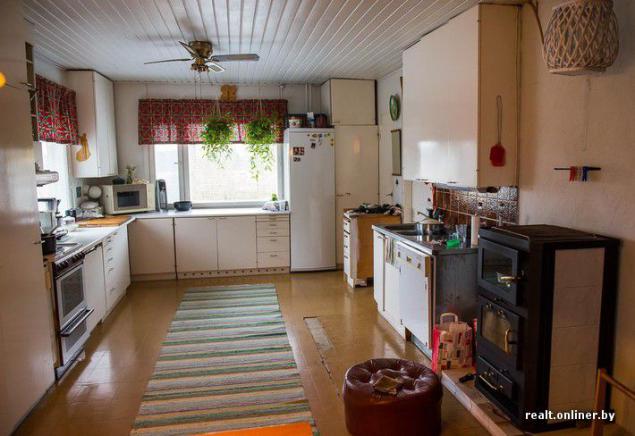
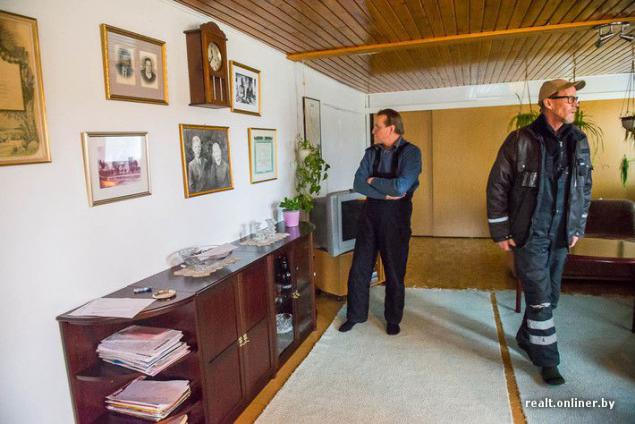
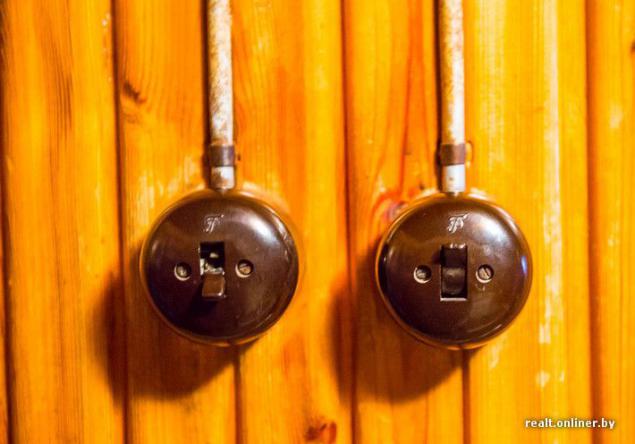
Facilities at Ismo as simple as the way of life itself. After the closed business, is to monitor the forest, making sanitary felling, wood heat their home to go to town for groceries, patching dilapidated house so the neighbors carpenter, earning it a penny or two. In snowy winters in charge of the cooperative include cleaning roads. The assistant - an old tractor in a separate shed.
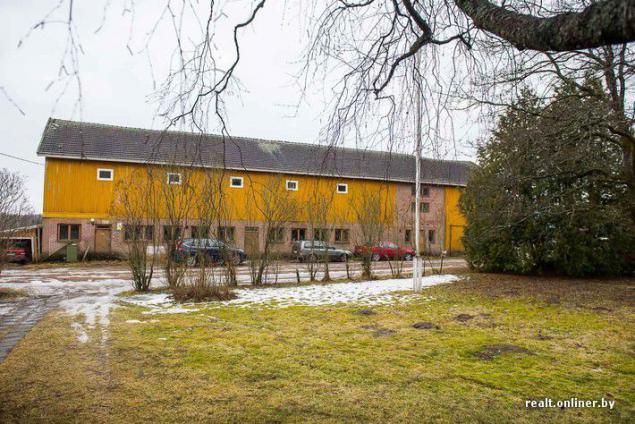
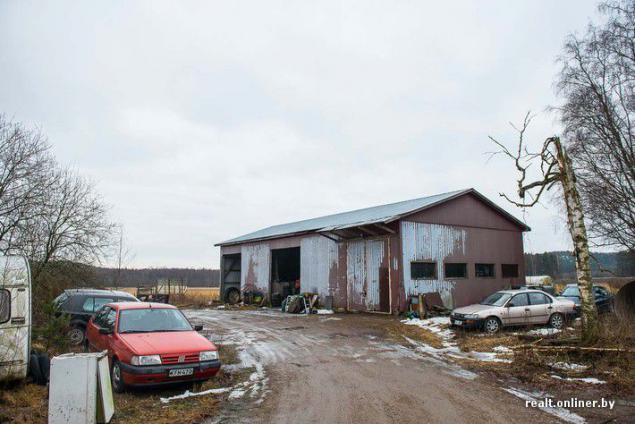
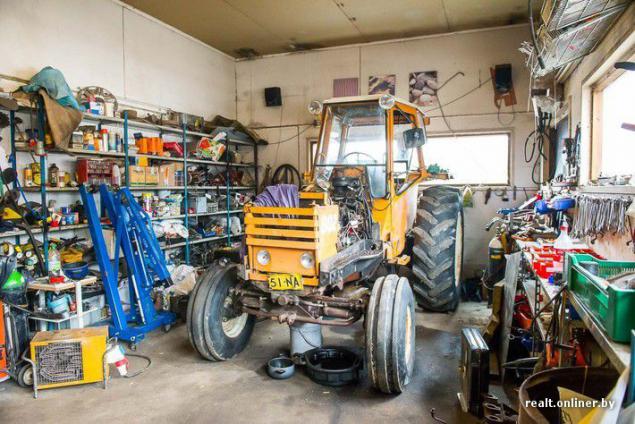
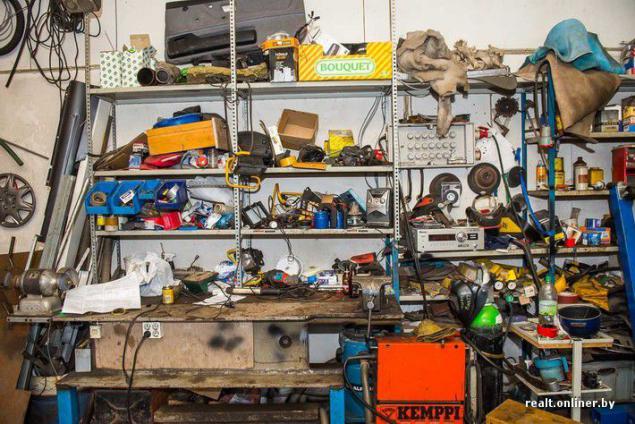
"You do not be surprised set of machines - smiling Ismo escorted us to a huge warehouse that was used previously for storage of agricultural products. - Buy them my children, nothing really expensive is not here. Why buy? Here in the city there is a lake, where the ice skating in the winter well. Pure Finnish entertainment! »
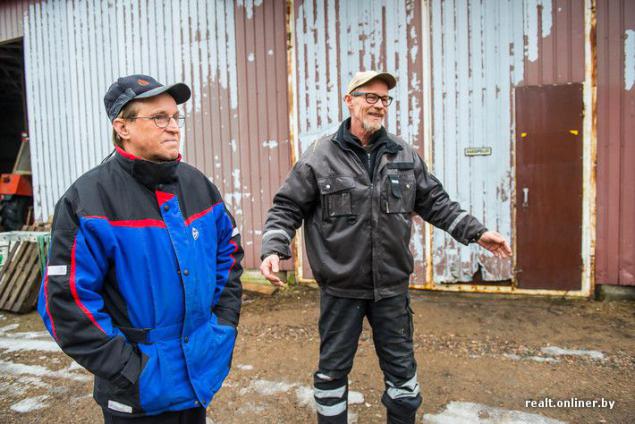
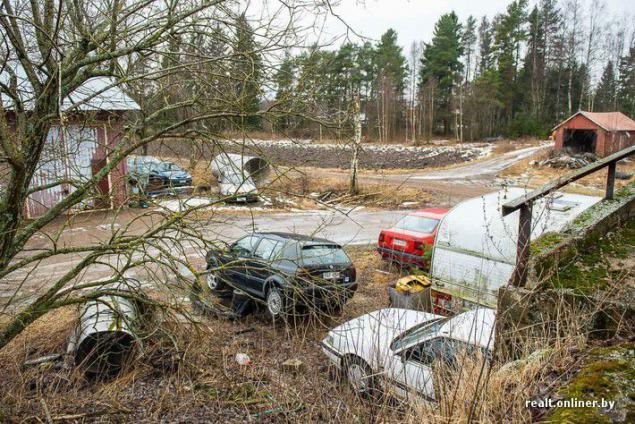
Paced between rows of cars. An old "trade winds" and "Mercedes", "Volvo" and even Mercedes, no one knows how they got on this side of the border. And yet - "Cadillac-Malibu ', available from the American luxury of the past. Where urgent look tractors and snowmobiles - Ismo starts his engine to warm up. Farmers complain that this year's winter produce any machine stood almost the entire season around.
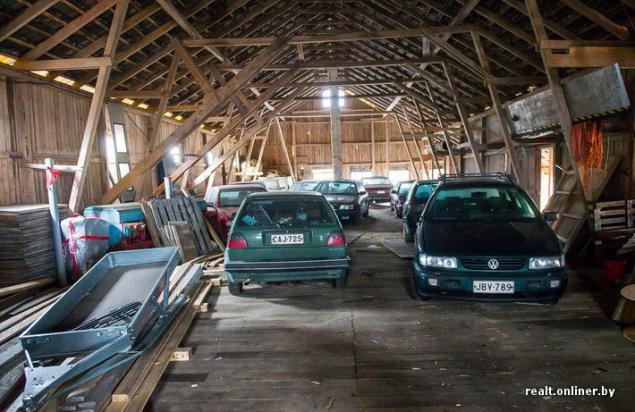
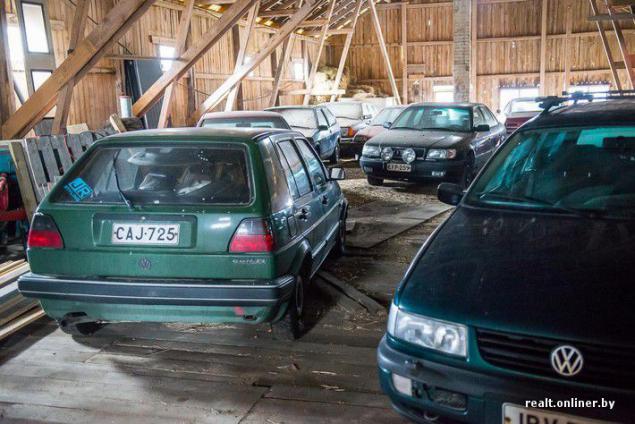
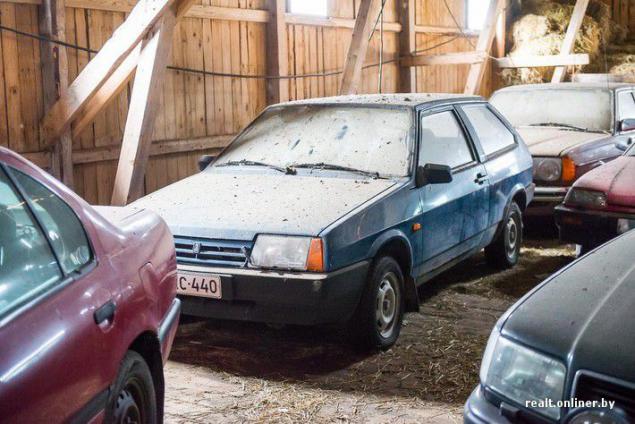
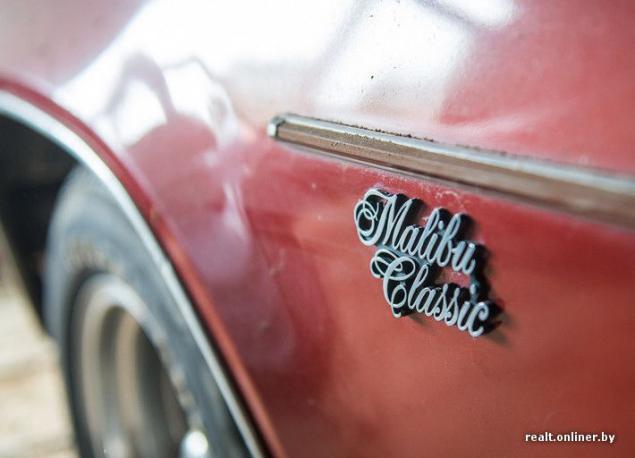
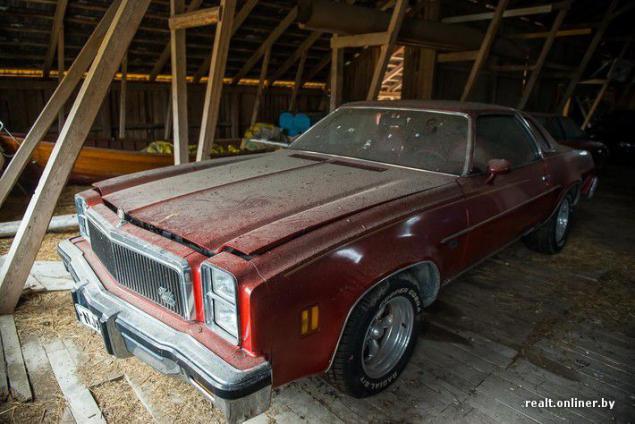
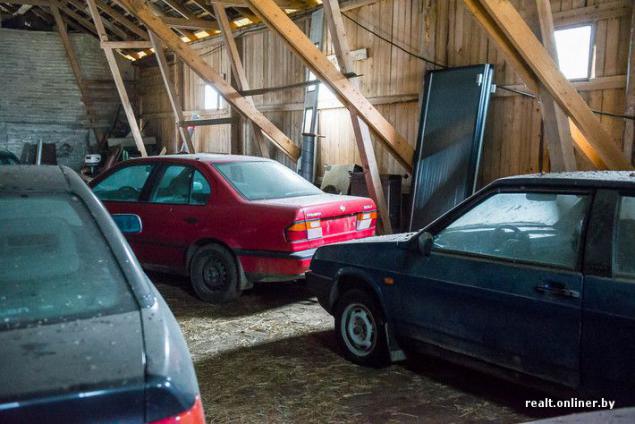
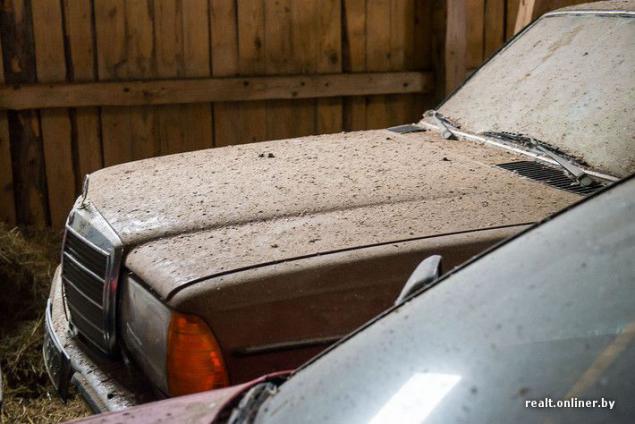
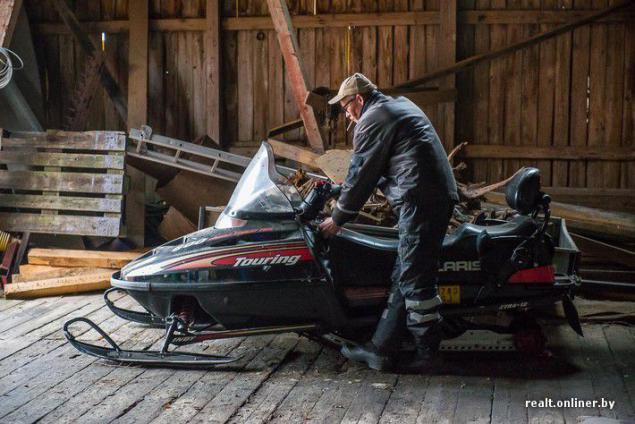
"I once had a desire to leave the countryside and move to the village, - says Ismo. - Even apartment near there, I'm her lease. But somehow I did not grow together, planning to go only to the death when he could not take care of themselves. There is still a cottage on an island in the lake behind it too should look ».
Ismo does not seem that his life like the life of a hermit. He says the machine distances do not seem large, but snow does not stop life on the farm: helps the tractor. Moreover, in his life, though, and carried out in full here in unimaginable wilderness, bringing it to happen in Spain and Germany, first in Barcelona and then in Berlin, his daughter lived. There are relatives in Scotland, Emirates and even America.
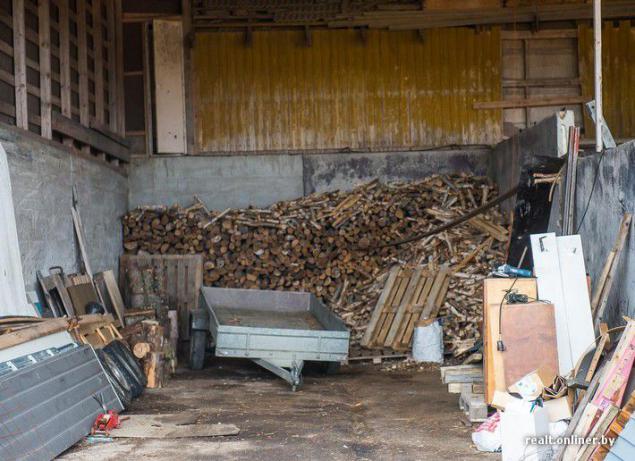
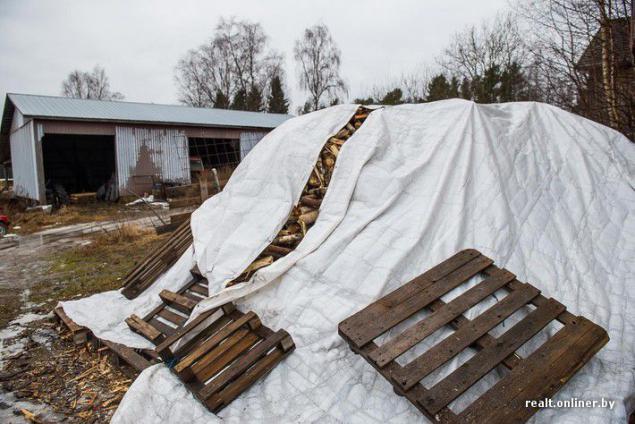
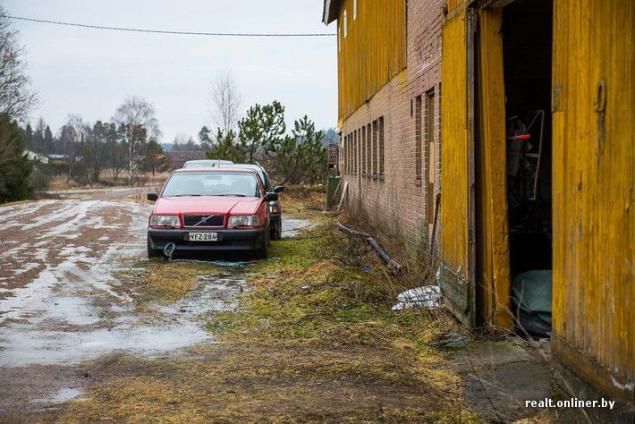
"Finnish village, too, is dying - continues our thought about the difficult situation in the Belarusian village of Ismo. - That all changed with the entry of Finland into the EU. It's a pity, of course, that it happened, because the farmers lived better. Revenues fell very much land are in decline, people go to the cities ».
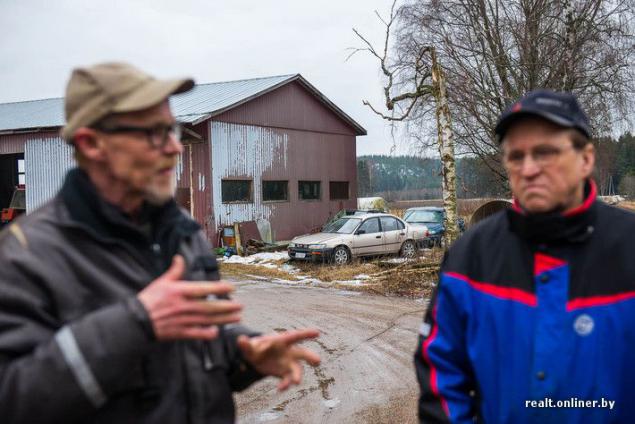
The house Ismo Suykki dug flagpole. For every public holiday, he raises the sky blue cross on a white canvas. And will do so even as much as have the strength. Then close the house and leave the city to live out his life, and from the map may disappear, another Cul the already sparsely populated Finnish soil.
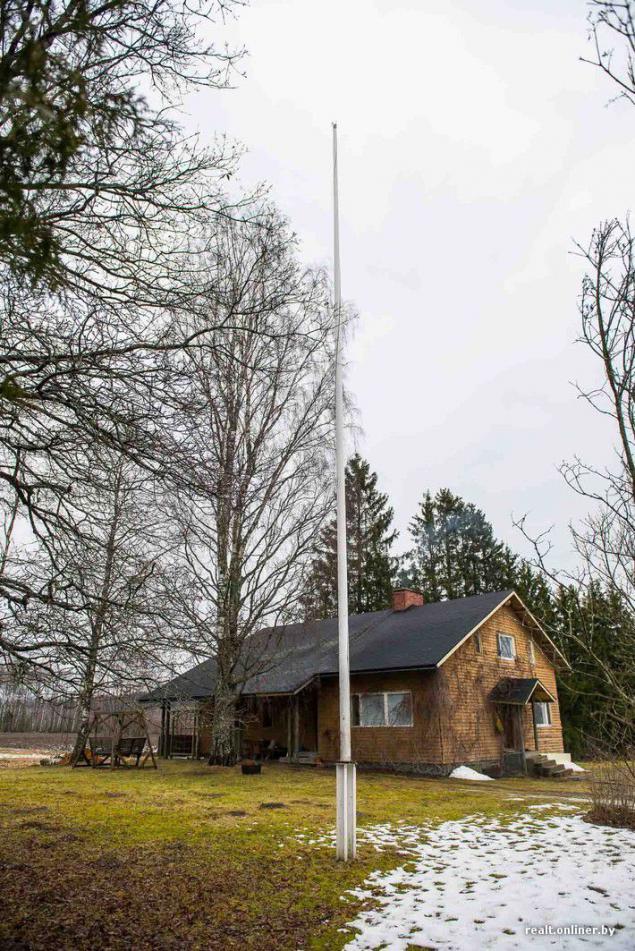
Source: realt.onliner.by

Everything in this Finland's not like we have. Excellent roads, fast trains, expensive but quality food products, the highest social protection of citizens. One problem - the citizens of those few. On the territory of an area comparable to the German population almost 14 times less - only 5, 5 million souls. Because, probably, the Finns used to settle freely, on a grand scale: for example, located next to the city of Lappeenranta area 6 times greater than in Minsk, but it lives only 70 thousand. Man.
Not in Finland and villages. All local villages, be it town or hamlet, called "Cul", but similar to our Belarusian village does not occur.

"The street area, standing close to each other at home? - Says Gemma, brother Ismo, who agreed to introduce us to a relative and show farm hermit. - No, this is not in Finland. There is land, the house and the forest around it, and the next door neighbor can live 300 meters or kilometers ».

Cul larger - in our opinion it is something like a small town. Usually this bus there, filling, post office, shops, a sauna, and a few stone houses with apartments. Along the perimeter of (but not necessarily far away!) - Rows of private houses with large areas.
"The land that my ancestors gave Swedish King - casually, as if it is in order, Gemma says, as we drive off-road vehicle on the snow-covered forest to the border of Russia. - Was it five hundred years ago, and since then all generations of our family live here. That ancestor that made the royal mercy, raise horses, helped selfless cause the Swedes, for which he was awarded the land allotment ».


Land for Finn - the main value of life. The right to life is enshrined in law ownership, each area has its own documented assignment: this piece - the construction of a house or a farm, where you can grow vegetables, then - to graze cattle. Wood adds significant value to the site. Of course, with a personal site, you can do anything: to sell, mortgage bank, exchange.
Gemma genuinely surprised by the question of why the house and the land of the people in Finland are not fenced, as is common in Belarus. Passing several kyuley on the road to Ismo, we consider private ownership of the villagers, and neither one of them is not fenced.
"I do not even know how to answer ... - frowns Finn. - Why do we need fences? To show where the ends of your allotment? So it is possible to check the perimeter of the land register. And look: the neighbors live far away, the farm stand alone ».

Another interesting feature of the Finnish way of peasant life - the cooperative ownership. So, a few farmers can pool their financial efforts to buy a lake, a forest area, to build a mill, drier and even open bank. This reduces the cost of farming: it is always possible to use the common property or obtain a bank loan on their own companions. Economic relations within the cooperation can be very different: payment in cash or a favor - it is solved by its participants.

"As far as I know, for some time in Finland banned foreigners to buy land - continues Gemma. - But if you are interested in price, I must say that it all depends on the purpose of the land, which offer for sale of power. So, in Imatra, where I live, an area of 1000 square meters, designed for the construction of private homes will be yours for € 30 thousand. There are allotments of € 10 per hectare, for example, if the government of a settlement want to attract people, stop negative growth, improve the demographics. 70% of the land in Finland are in private hands ».
New interesting fact: the largest enterprises in the "fat" days of buying up land as the object of long-term investments, and in the difficult years of them for sale. It is interesting that a similar ply many companies, regardless of the products. In a region where we are in the lead paper mills. They were here a lot: five major industries provide Europe "gloss" of Russian forests.



"Now we're going on private forest - shows us snow-covered trees Gemma. - But the road through it - in the possession of the municipality. Finland has a law allowing you to walk on private forests to collect mushrooms and berries. Prohibited hunting and deforestation. Across the country, banned campfires, but if the need is there, it should notify the fire service ».

Carved land spurs Gemma tell a little more about the peculiarities of life in Finland: "to cut down their trees, you can not demand, including environmentalists. However, the law requires you to contact the supplier of saplings and planted exactly the same amount of forest that has been destroyed ».
Finally we come to the house Ismo. He has met us near the road. After the Soviet-Finnish War of 12 hectares owned by his ancestors, went over to the Soviet Union - he shows us in the distant forest, which begins today's Russia. There it land. But after moving inland border of Finland moved a lot of people, and the places where we are now, significantly, "compacted": the authorities distributed free land arrived with the "one" side.





Ismo whole life was a big farmer. As mentioned above, the entry of Finland into the EU put an end to commercial agriculture: the farmers previously received compensation for products produced by the current EU regulations such they should not: the climate is not disadvantageous in any circumstances. The only way out - to keep a herd of cows, to engage in the meat and dairy industry. However, Ismo cows to the heart does not lie. He sold the land for pasture neighbor (at that time such as the business is going well), leaving himself only forest.
Solid wooden house. In the nearest to the entrance of a birch tree - a plate with the number "1970».
"My farm was recognized as the best in the area - not without pride, says Ismo. - And then a few more times received the title ».




Farmland Finn "covered" a network of Wi-Fi. Internet "fly" quickly, it is clear that Ismo does not consider himself a recluse, interested in life outside their kyuli. True, Foursquare does not find any points for Chekina: wilderness even by Finnish standards incredible.
Ismo home alone. Four children have long left in the city, his wife - in the village on the job, the company villager are only two cats and ancestral portraits on the wall. Father and mother, grandparents, great-grandfather. And - Photo parental home, which was destroyed by a direct hit during the war. New stands since 1952.








Facilities at Ismo as simple as the way of life itself. After the closed business, is to monitor the forest, making sanitary felling, wood heat their home to go to town for groceries, patching dilapidated house so the neighbors carpenter, earning it a penny or two. In snowy winters in charge of the cooperative include cleaning roads. The assistant - an old tractor in a separate shed.




"You do not be surprised set of machines - smiling Ismo escorted us to a huge warehouse that was used previously for storage of agricultural products. - Buy them my children, nothing really expensive is not here. Why buy? Here in the city there is a lake, where the ice skating in the winter well. Pure Finnish entertainment! »


Paced between rows of cars. An old "trade winds" and "Mercedes", "Volvo" and even Mercedes, no one knows how they got on this side of the border. And yet - "Cadillac-Malibu ', available from the American luxury of the past. Where urgent look tractors and snowmobiles - Ismo starts his engine to warm up. Farmers complain that this year's winter produce any machine stood almost the entire season around.








"I once had a desire to leave the countryside and move to the village, - says Ismo. - Even apartment near there, I'm her lease. But somehow I did not grow together, planning to go only to the death when he could not take care of themselves. There is still a cottage on an island in the lake behind it too should look ».
Ismo does not seem that his life like the life of a hermit. He says the machine distances do not seem large, but snow does not stop life on the farm: helps the tractor. Moreover, in his life, though, and carried out in full here in unimaginable wilderness, bringing it to happen in Spain and Germany, first in Barcelona and then in Berlin, his daughter lived. There are relatives in Scotland, Emirates and even America.



"Finnish village, too, is dying - continues our thought about the difficult situation in the Belarusian village of Ismo. - That all changed with the entry of Finland into the EU. It's a pity, of course, that it happened, because the farmers lived better. Revenues fell very much land are in decline, people go to the cities ».

The house Ismo Suykki dug flagpole. For every public holiday, he raises the sky blue cross on a white canvas. And will do so even as much as have the strength. Then close the house and leave the city to live out his life, and from the map may disappear, another Cul the already sparsely populated Finnish soil.

Source: realt.onliner.by
